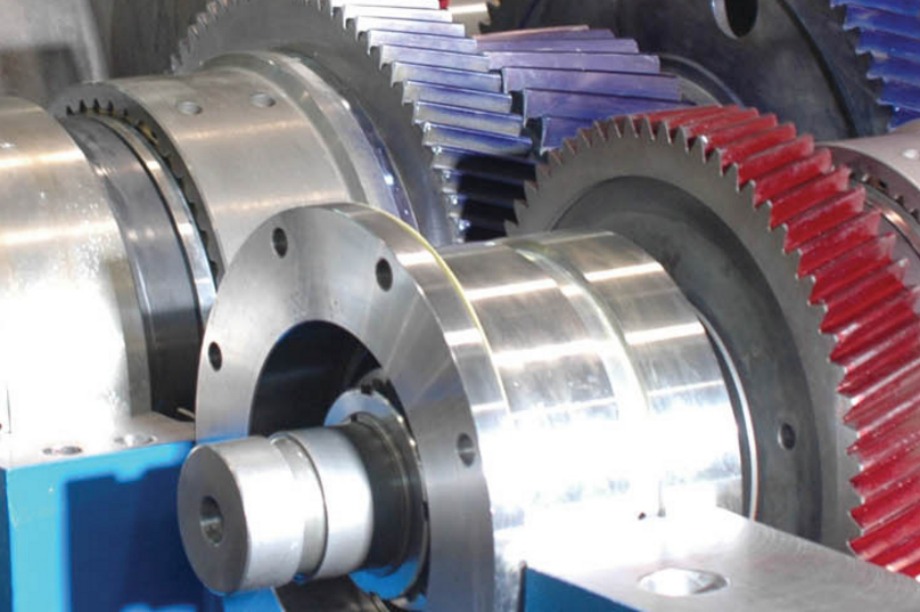According to the SEC, which sued Broadwind in a federal court in Illinois, the publicly traded company failed to tell investors that reduced business from two major customers had caused a substantial drop in its long-term financial prospects.
The loss of business only emerged after Broadwind, which makes towers and gearboxes, had a stock offering in January 2010. Two months after the offering, the wind company recorded a $58 million "impairment charge" in its financial statements and disclosed it publicly to investors, the SEC said in its complaint.
The impairment, which meant that Broadwind had been overvalued by $58 million, reduced by a startling 94% the stated value of customer contracts with its wind-gearbox subsidiary Brad Foote Gear Works. It also increased the company's operating loss for the year from $28 million to $110 million. When the impairment was disclosed in an annual report, Broadwind's stock price plummeted 29%.
According to the SEC's suit: "Failing to disclose the impairment allowed Broadwind to proceed with an offering that was critical to its financial survival and to give the impression that its business was stronger than actual and predicted results established." Timothy Warren, associate regional director of the SEC's Chicago office, added: "Investors deserve to see the full financial picture when making an investment decision."
The two Broadwind executives fined a total of $691,000 were former CEO Cameron Drecoll – who left in 2010; and chief financial officer Stephanie Kushner, who remains with the Illinois company. Their fines were because of what the SEC described as "ill-gotten gains". Drecoll sold 1.1 million shares for $6.3 million through the public offering, and Kushner received a $130,000 bonus in March 2011, partly for her work on the offering.
Broadwind has neither confirmed nor denied the alleged irregularities. The settlement has to be accepted by the court. Broadwind refused to answer questions regarding the case. A spokeswoman said: "These are issues that relate to 2009 and 2010, so we are happy to put this behind us. We're closing the door and moving forward."
Phillip Stern, a former SEC assistant administrator for enforcement and a senior counsel at law firm Neal, Gerber & Eisenberg, said: "The magnitude of the fine is not out of line with conduct like this. The SEC is not over-reaching."
Such a settlement raises the possibility of civil litigation against Broadwind by stockholders who claim they were misled, although Stern said there could be statute of limitations problems, given how long ago the violations were. The SEC typically files such a suit after a review of a company's financial filings, an alert by a whistleblower or because of an issue raised in media coverage.
Reduced orders
According to the SEC, Brad Foote contributed about half of Broadwind's revenues for 2008. The subsidiary's sales and earnings depended heavily on its relationships with two customers, which were among the wind industry's largest players.
Beginning in late 2008, the customers significantly reduced actual and forecast orders, said the SEC, causing substantial declines in Brad Foote's projected revenue. The complaint did not name the customers, as is common practice because they were not the SEC's target.
The third largest US tower maker, Broadwind has been seen as a wind-industry success story. The company announced $59 million in tower orders last year.
Still, for the third quarter of 2014 it had an operating loss of $1.8 million because of scaling up production at its Abilene tower plant and adding an additional model to the production mix. During the quarter, its gearing business cut its operating loss by more half.
Broadwind, which releases its fourth quarter earnings on February 26, has diversified into gearing for the oil and natural gas industry, a sector that has been rocked by the plummet in crude prices over the last few months.

.png)


.png)










